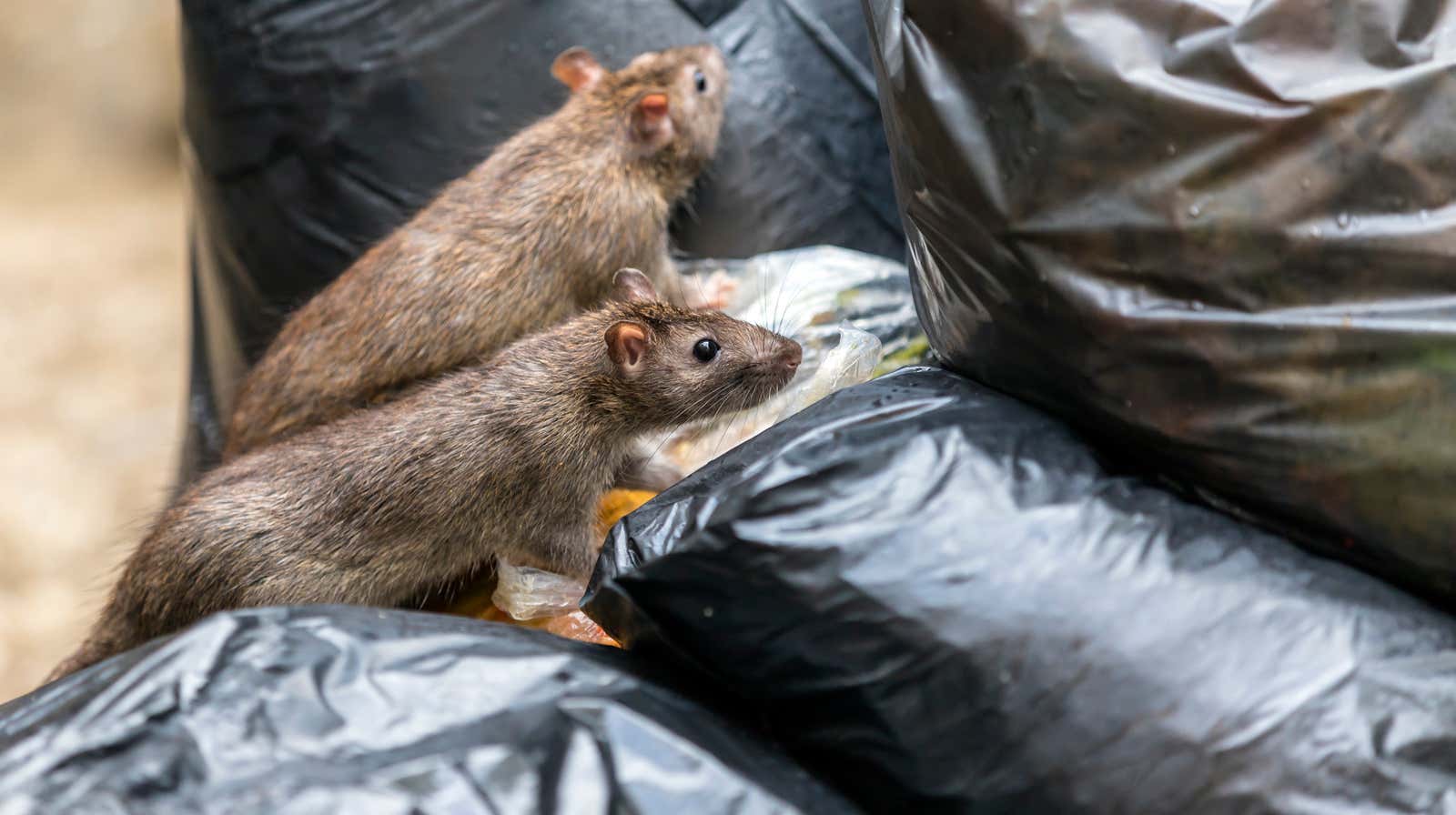How to Fend Off Hungry Rats

Oh, 2020. When we think you’ve already thrown us all the horrific, ridiculous scenarios, you hit us with another one. Aggressive rats this time. And if you live outside of New York or another major metropolis and think that everything is in order, and this does not apply to you, think again. According to the Centers for Disease Control , we should all keep a close watch on rats and other rodents exhibiting “unusual or aggressive rodent behavior.”
If you miss restaurants, you are not alone: the local rats think the same way. And since they don’t have the same access to food as they did a few months ago, this makes the country’s rodents compete with each other for the waste they can find. Gone are the days ofPizza Rat generosity: now every rodent is for himself.
“Rats become aggressive not towards humans, but towards each other,” Dr Bobby Corrigan, an urban rodent scientist, told the New York Times . “They just attack each other.”
This isn’t just a problem in urban areas, Corrigan says: residents in rural or suburban areas should also be on their guard, even if they don’t usually have rodent problems.
How to keep hungry rats away from you and your home
The first thing you need to do is take a look at your garbage situation. Is all your trash – especially anything with food – completely enclosed and out of the reach of rodents or other wildlife? If not, do whatever you need to do to change it. In addition to tightly sealed trash can lids, the CDC also recommends that homeowners remove litter, dense vegetation, and pet and bird food from their yards. In other words, make sure you don’t feed the rats.
As a rule, rats do not stray too far from their usual food and water sources. But due to the closure of restaurants, they had to travel outside their usual place in search of food. As a result of the increase in rats that roam during the day and enter people’s homes, Jim Fredericks, chief entomologist at the National Pest Control Association, told the New York Times .
As an added precaution, Corrigan says we need to check the foundations of our doors and grab your ruler so that if there is half an inch of space left under the door, the rats will be able to squeeze in.
If there is any good news, it is that there is no evidence right now that rats can contract COVID-19 or transmit it to humans. However, rats are excellent at tolerating many other diseases , so if you spot any lurking in your home, you will need to call a professional to take care of the potential infestation. Happy 2020!